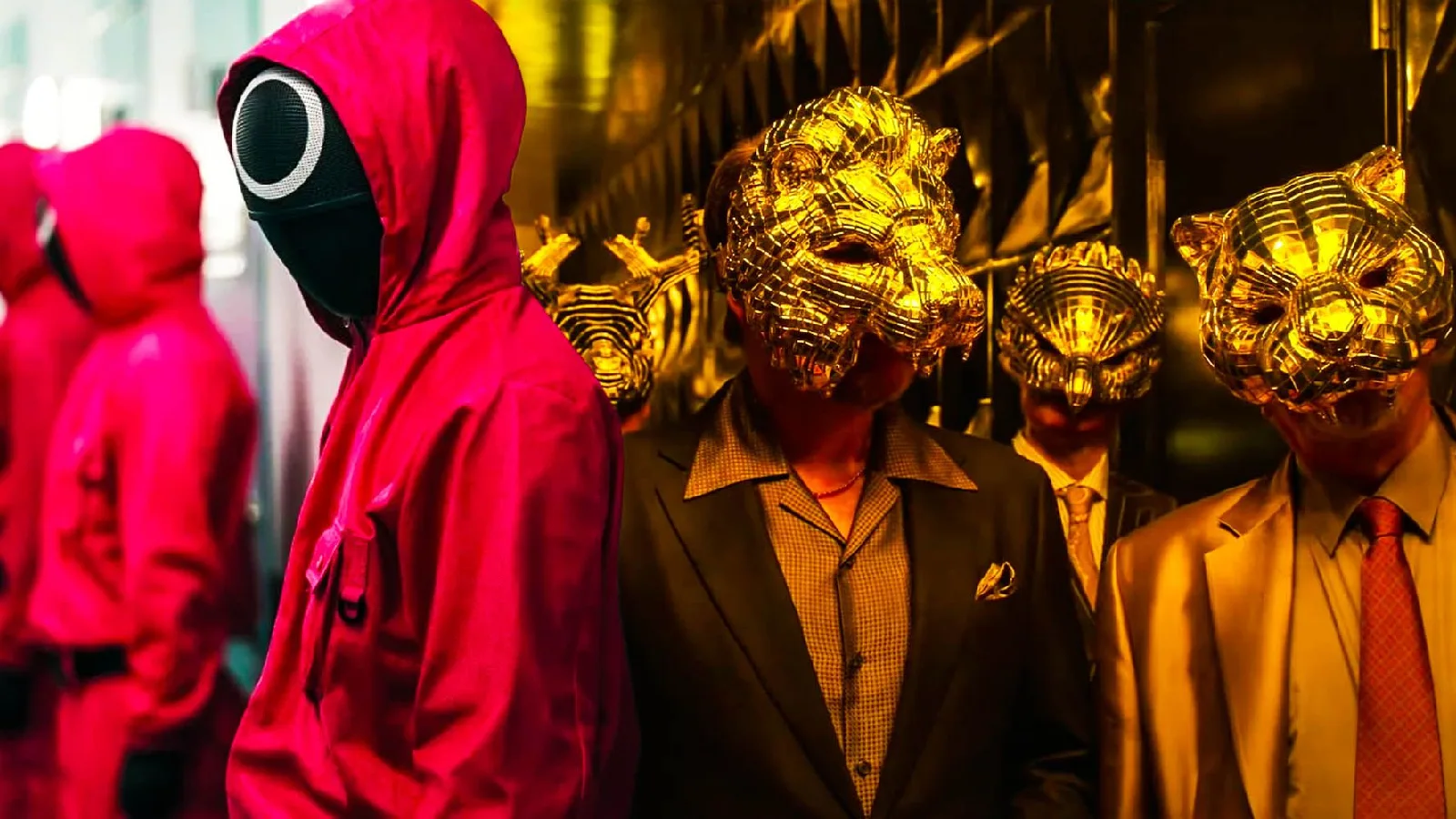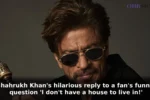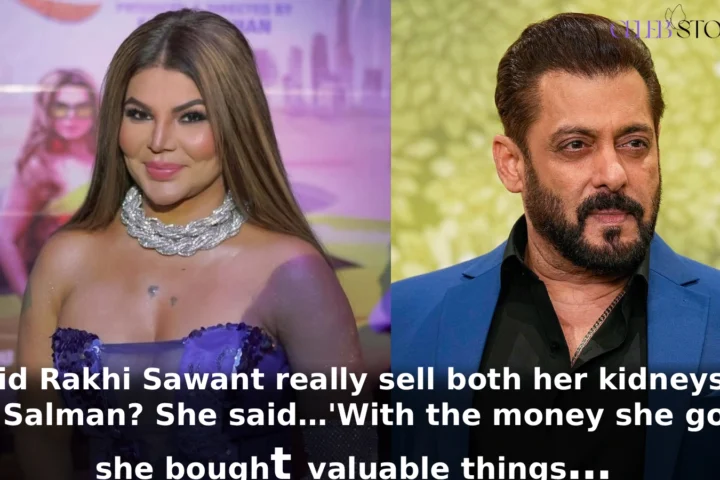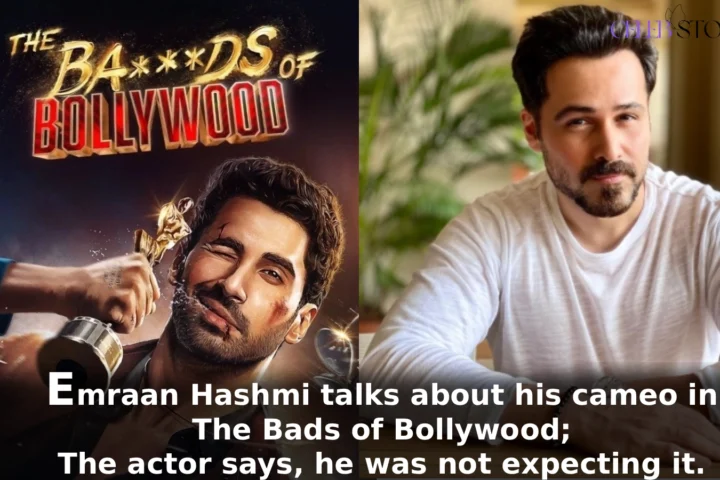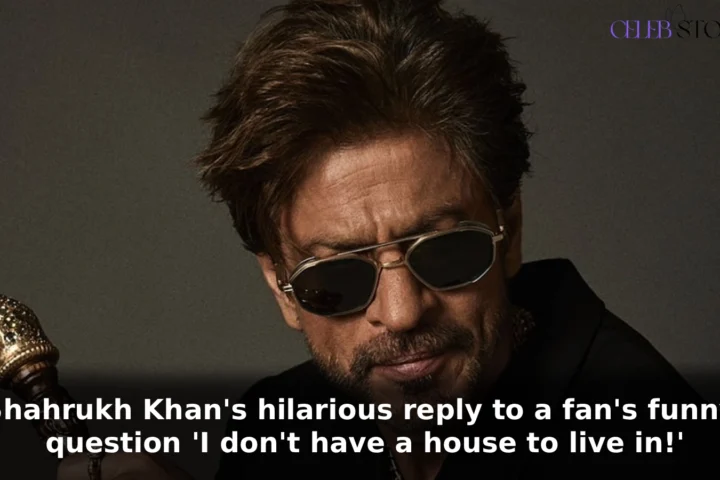When Squid Game stormed onto Netflix and into pop culture history, it wasn’t just the deadly games or eerie aesthetics that caught the world‘s attention—it was the deeply unsettling reality embedded within its fiction. Now, series creator Hwang Dong-hyuk has shed light on one of the most mysterious elements of the show: the VIPs, those masked elites who watched the carnage unfold from plush lounges and golden thrones.
In a recent interview, Hwang revealed that these characters weren’t simply figments of his imagination—they were drawn directly from real-world figures of power and privilege. The revelation peels back yet another layer of Squid Game‘s brilliant storytelling, exposing the social and political critique that lies beneath the surface.
The VIPs: A Symbol of Detached Cruelty
The VIPs in Squid Game are wealthy elites who fly in to observe the death games like live entertainment. Their grotesque behavior, indifference to human suffering, and obsession with control made them some of the show’s most controversial figures.
According to Hwang, these characters are inspired by real-life oligarchs, billionaires, and power brokers, who manipulate economies and people from the shadows—or in today’s world, sometimes not so hidden anymore. As Hwang bluntly stated: “They no longer hide behind a curtain.”
Influences from the Upper Echelons of Society
Hwang pointed to the rise of hyper-wealthy individuals who shape societies without accountability. In his words, the VIPs represent “those who see the world as their playground.” Whether in the form of unregulated tech giants, secretive political donors, or untouchable business magnates, the inspiration for these villains is rooted in our own global hierarchy.
He referenced events where elites flaunt their wealth—exclusive galas, private island retreats, and high-stakes ventures—while vast populations face wage stagnation, hunger, and instability. The juxtaposition of Squid Game’s debt-ridden contestants and the opulent comfort of the VIPs was no accident.
The Discomfort of Recognition
The most haunting part of Hwang’s revelation is this: the VIPs may have seemed exaggerated, but they’re shockingly familiar. Their animal masks and decadent behavior are fiction, but the system they represent is very real. Hwang wanted viewers to feel uncomfortable—not just at the violence—but at the recognition of familiar figures in unfamiliar costumes.
By blending metaphor with realism, Squid Game confronts us with a question: how far removed are we, really, from a world where lives are disposable for the amusement of the elite?
Social Commentary Woven into Entertainment
When Squid Game became the most-watched Netflix show of all time, it wasn’t just because of its nail-biting tension or brutal plot twists. The deeper reason was the social commentary that resonated globally.
- Economic inequality
- Systemic exploitation
- The gamification of survival
These are not dystopian fantasies—they are everyday realities for millions. Hwang’s VIP characters encapsulate this disparity, caricaturing those who wield power and hide behind wealth, anonymity, and influence.
A Mirror to Modern Capitalism
Some viewers drew parallels between the VIPs and modern-day billionaires, including tech moguls, hedge fund titans, and even political influencers. While Hwang didn’t name names, his implications were clear: the mechanisms of power have evolved, but their disregard for those below remains unchanged.
The Squid Game arena becomes a metaphor for real-world systems—games where the stakes are highest for those with the least, and spectatorship comes easy for the privileged.
The Irony of Global Reception
Ironically, as Hwang pointed out in past interviews, Squid Game’s success has made it part of the very system it critiques. Branded merchandise, streaming profits, and viral popularity turned the show into a commercial giant.
Yet, the message remains—power structures feed on distraction, and often, the masses cheer while the few profit. The VIPs aren’t just villains in a drama; they’re reflections of a system we participate in, often without realizing.
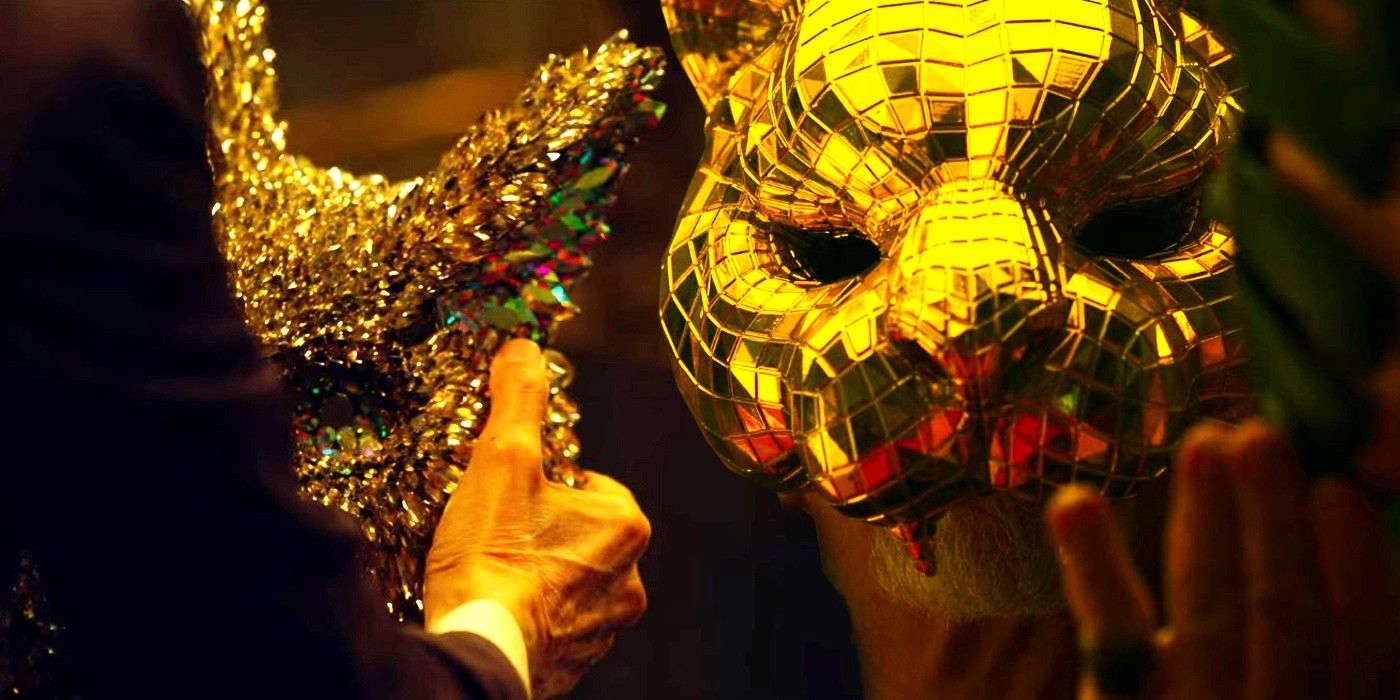
Looking Ahead: Season 2 and Beyond
With Squid Game Season 2 on the horizon, fans are speculating how the VIP storyline will evolve. Will we see unmasking—literally and symbolically—of these figures? Will justice catch up to the puppet masters?
Hwang has hinted at a deeper exploration of power dynamics and resistance. As the game expands, so too does the scope of its critique.
Final Thoughts
The genius of Squid Game lies not only in its entertainment but in its ability to awaken discomfort. The VIPs are more than gold-draped sadists—they are proxies for real people who, as Hwang noted, no longer feel the need to hide behind a curtain.
The series turns its lens on a world where power is concentrated in the hands of a few, and life for the rest often feels like a rigged game. And in doing so, it demands something rare from its audience—not just to watch, but to reflect.
Read more:
- Will Ananya Pandey play ‘Manjulika’ in ‘Bhool Bhulaiyaa 4’? Kartik Aaryan’s post gave a hint
- Dharmendra Hospitalised: Veteran actor Dharmendra’s health deteriorates, admitted to Breach Candy Hospital in Mumbai
- Sonakshi Sinha gets angry after seeing the leaked photo of pregnant Katrina Kaif, says – “You are no less than criminals…”
- Aishwarya Rai is richer than Abhishek Bachchan, how much is the actress’s net worth? Find out.
- Did Rakhi Sawant really sell both her kidneys for Salman? She said…’With the money she got, she bought valuable things…

